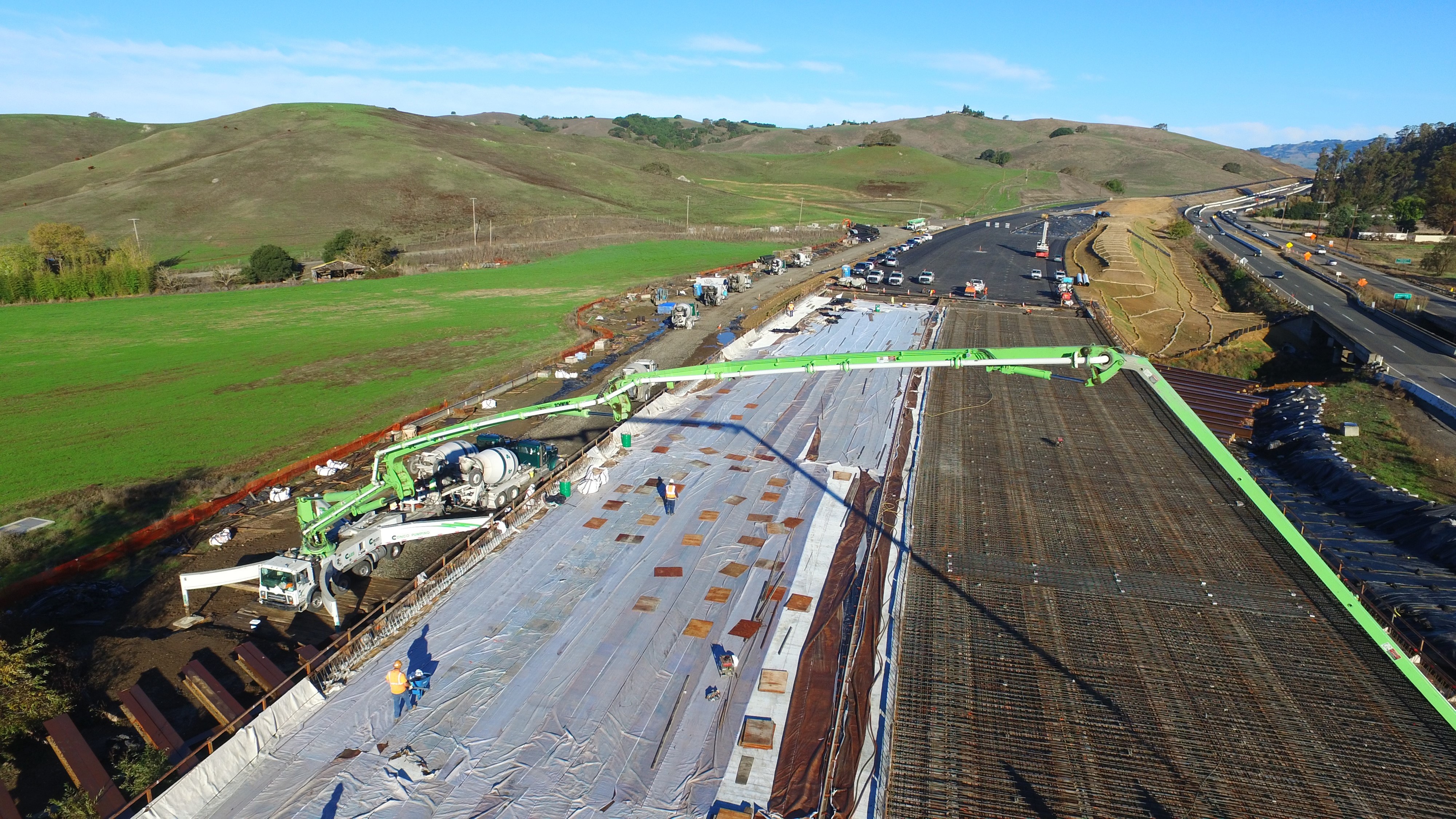Despite uncertainty over future funding, the Florida Dept. of Transportation is banking on low bids and private-sector financing as it accelerates an estimated $1.2 billion in projects in an effort to boost the state's stagnant jobs situation. At the same time, the agency is rolling out a plan to aggressively expand the use of tolls to add capacity throughout the state’s network of interstate highways and major bridges.
Calling the stream of revenue derived from gas taxes “not sustainable,” Florida Secretary of Transportation Ananth Prasad announced the plan before a gathering of the Florida Transportation Builders’ Association in Naples, noting, “We must identify creative financing alternatives to get more projects through the production pipeline.”
The first of those alternatives to be put to use will be contractor-obtained financing. An estimated $1.2 billion in projects are part of the acceleration, with 11 projects totaling about $900 million dependent upon contractor financing.
 |
| PRASAD |
The model for this approach is the $394.4-million Interstate 4/Selmon Expressway Connector in Tampa. On that ongoing project, joint-venture partners PCL Civil Constructors and Archer Western Contractors provided $180 million in gap financing to help get the contract rolling.
The pool of contractors able to deliver financing for these projects is a concern and was taken into consideration in crafting the initiative, Prasad said.
“We’re going to make sure the size of these jobs is such that the vast majority of the contractors are going to be able to participate,” he said.
The group of accelerated contracts that will use contractor financing varies significantly, ranging in size from a $13-million U.S. 27 project in Polk County to the $172-million expansion of the Veterans Expressway in Hillsborough County, a part of Florida’s Turnpike Enterprise. Another roughly $300 million in projects not yet identified by FDOT also will be accelerated but will not use private financing.
 |
| BURLESON |
“The association recognizes the need to try to come up with some sources of capital that are available to more than just the megacompanies,” Burleson said. To that end, FTBA is attempting to line up investors in an effort to “open up a lot more [firms] for the opportunity to bid the work. I think we’ll be able to do that.”
There should be no shortage of investor interest, says Michael Likosky, a senior fellow at the New York University’s Institute for Public Knowledge and author of "Obama's Book: Financing a Durable New Deal."
“There’s an enormous amount of money sitting in funds right now,” Likosky says. Pension, private-equity and other types of funds, he says, “have money, and they want to put it in these projects rather than in, for instance, U.S. Treasuries right now, as long as they think they’re going to get a revenue stream. That’s very appealing to them.”
The timing of repayment will be negotiated on a contract-by-contract basis, says Dick Kane, agency spokesman.





